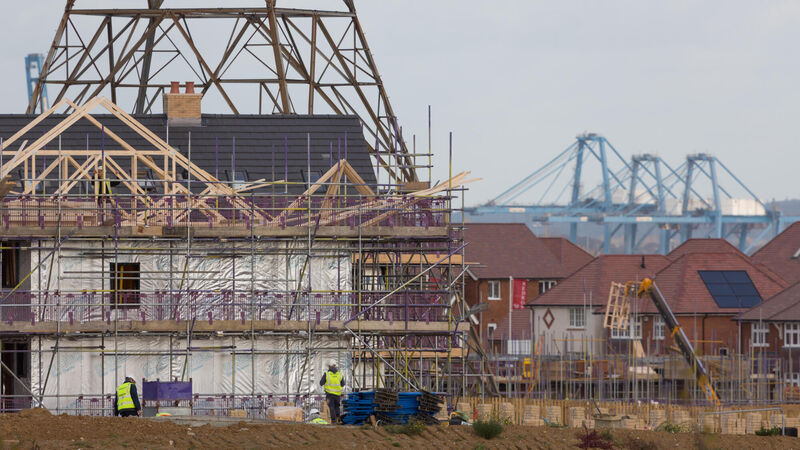Ciarán Casey: Lack of vision has wasted Ireland's unplanned tax windfall

The cost of building houses has soared across the developed world. File picture
Try from €1.50 / week
SUBSCRIBE
The cost of building houses has soared across the developed world. File picture
IRELAND’S well-documented corporation tax windfall has totalled €156bn over the past decade.
This was entirely unplanned and was driven by changes to the global tax rules that inadvertently benefited us out of all proportion.
CONNECT WITH US TODAY
Be the first to know the latest news and updates
Newsletter
Sign up to the best reads of the week from irishexaminer.com selected just for you.
Newsletter
Keep up with stories of the day with our lunchtime news wrap and important breaking news alerts.
Newsletter
Sign up to the best reads of the week from irishexaminer.com selected just for you.
Sunday, February 15, 2026 - 1:00 PM
Sunday, February 15, 2026 - 9:00 AM
Sunday, February 15, 2026 - 7:00 AM
© Examiner Echo Group Limited